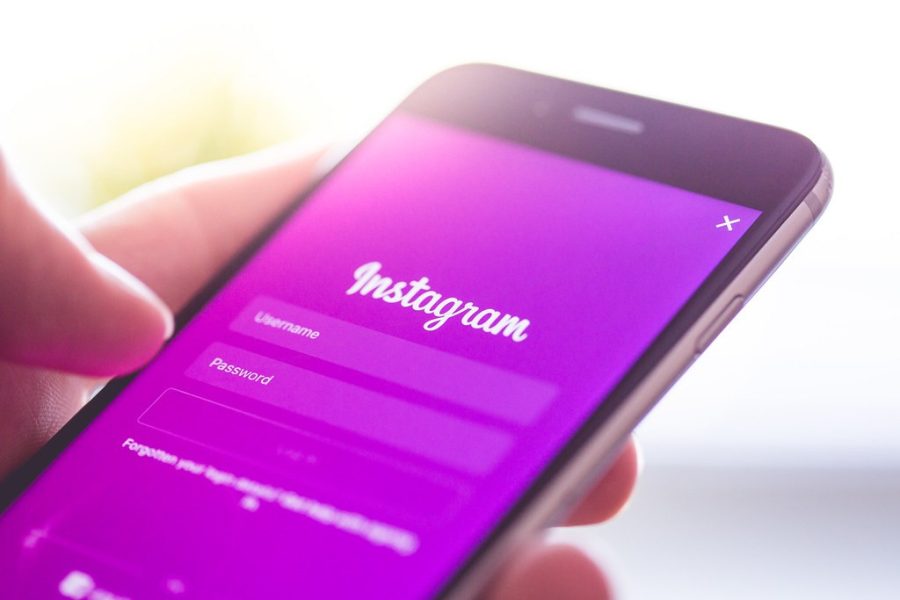It’s no secret that a lot of us portray our best selves on social media. We use our social platforms such as Instagram to show highlights and clips of our lives where we look and feel our best. However, there are times when the content we post is not a true representation of who we are.
On social media it’s difficult to tell what’s real and what’s fake. There are various editing apps such as Facetune and Photoshop that allow us to completely change and reconstruct ourselves into someone we are not. With just a few taps we can morph our faces and bodies into a completely unrecognizable figure. It can get to the point where we don’t truly know what we look like anymore.
As a society we strive to promote body positivity and confidence. If this is so important to us, why do so many of us fall into the toxic trap of beauty editing apps?
Slimming in your waist, making your lips appear bigger, smoothing away the blemishes on your skin and whitening your teeth for your Instagram pictures might give you a slight confidence boost for a second, but what happens when you look up from the photo and remember that this is not who you truly are?
“Make every selfie look amazing” is the slogan of the popular editing app, Facetune2, which is used worldwide by over 100 million people. The app claims to make everyone feel great about their photos by saying on their website, “With so many fun & powerful retouching tools, you’ll feel great about every photo you post.”
Social media can be toxic. We have the idea engraved in our minds that we need to look perfect and flawless in the photos we post. But in reality, no one is perfect and we all have flaws and insecurities. When it comes to our looks and bodies, so many people are critical of themselves.
Celebrities and influencers that we glamorize on social media are guilty of photoshopping and editing their photos as well. Just like any other human they, too, have flaws. In an article by TIME, celebrity and actress Blake Lively explained that she feels about 99.9% of the time the images of models and celebrities have been photoshopped.
A large number of people spend countless hours editing their photos for social media, striving to look “perfect.” The toxic world of compassion we have created isn’t just us comparing ourselves to others anymore. We are now comparing ourselves to the perfectly edited images of us that we have created. We are setting our own unrealistic beauty standards for ourselves to live up to. The comparison created through photo editing apps is more personal and leads us to fixate on our insecurities more than ever.
“Fixing this” and “changing that” in our pictures creates a false image of who we are and what we look like, and it can be confusing for our minds and damaging to our self esteem. The editing can get to the point where we ourselves don’t even know what’s real or what’s fake, which is dangerous and confusing for our minds.
Another concern of editing apps is the idea that this warped perception and view of who we are could lead to more serious effects such as Body Dysmorphic Disorder. The Anxiety and Depression Association of America describes BDD as, “a body-image disorder characterized by persistent and intrusive preoccupations with an imagined or slight defect in one’s appearance.”
The ADAA estimated that Body Dysmorphic Disorder affects about 1 in 50 people, and explained that those who struggle with BDD can spend hours each day obsessing over the flaws that they believe they have. With the various views of what we look like, the one in our mind, the mirror, the un-edited and the edited photos, the true version of ourselves can become a blur.
Through editing apps we have the ability to completely change our body structure and facial features. By doing this we are creating a toxic relationship with our looks by comparing our true selves to an unrealistic version that we have created right on our phones. We are creating our own beauty standard for ourselves that is impossible to live up to.
Follow Julianna Strano on Twitter

Julianna (she/her) is a senior majoring in journalism and sociology. She enjoys writing and reporting on topics related to mental and physical health and wellness.









